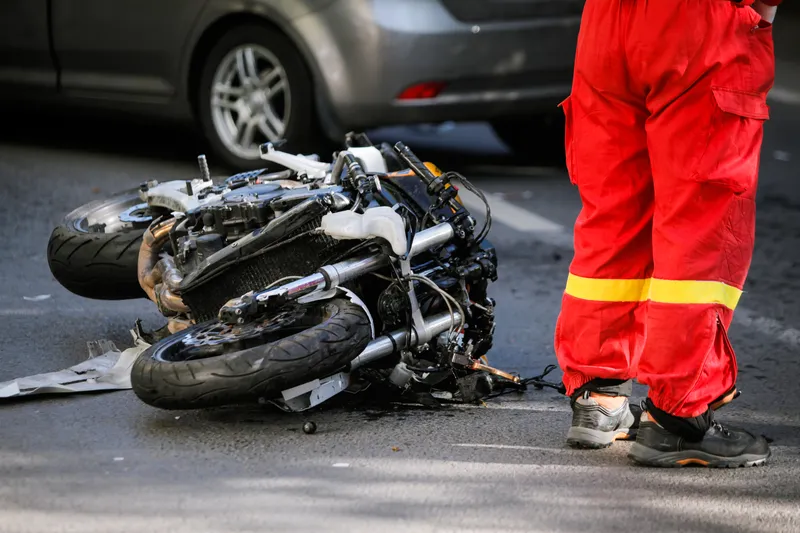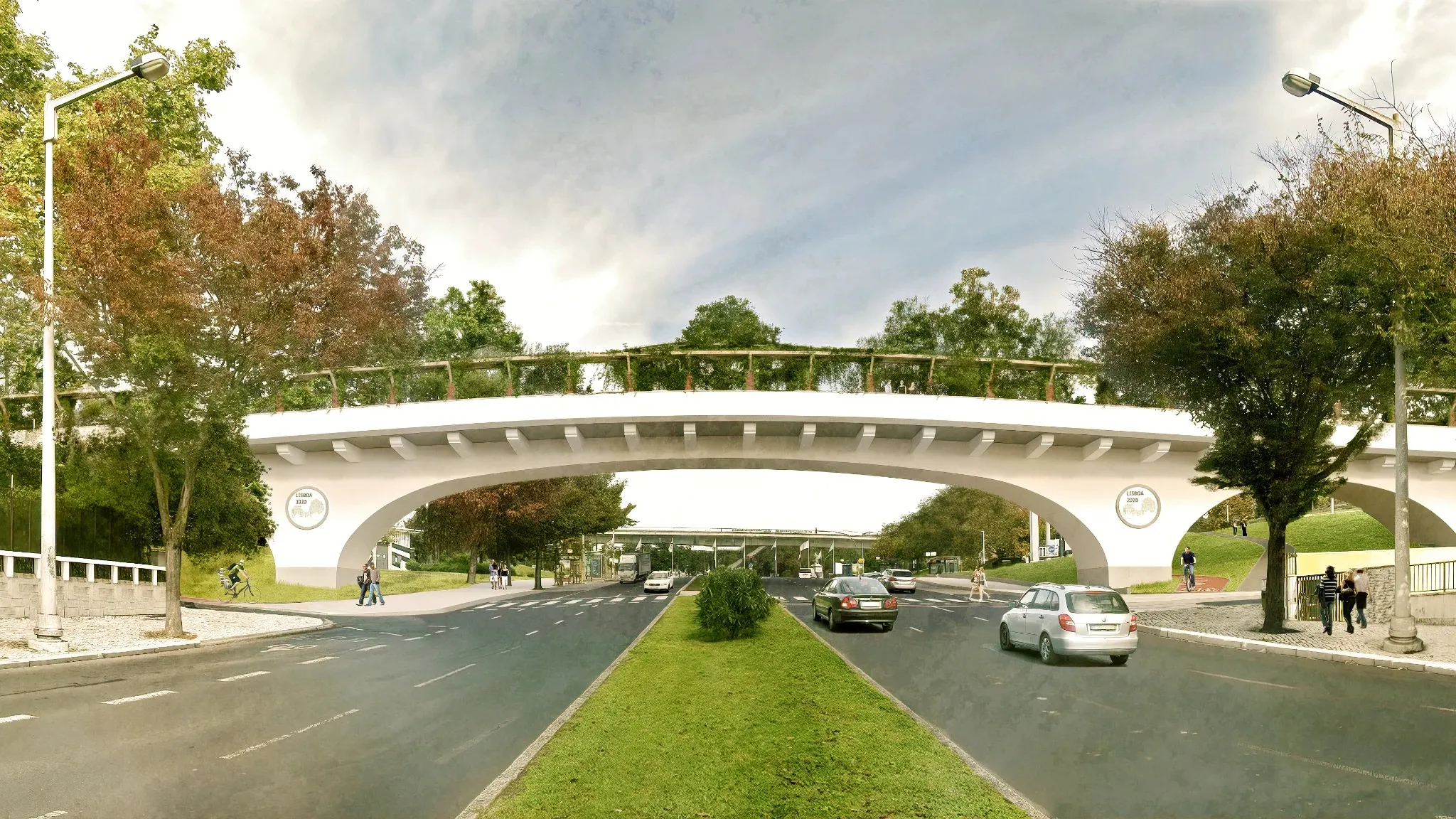
A new version of the online Road Safety Toolkit has been launched.
First released 10 years ago, it provides free information on the causes and prevention of road crashes that result in death and injury.
Based on decades of reporting and research, it is designed for engineers, road safety advocates, students and policy makers to help develop safety plans for pedestrians, motorcyclists, cyclists, car and heavy vehicle occupants and public transport users.
The update was funded by Bloomberg Philanthropies under its Initiative for Global Road Safety (BIGRS 2020-2025) and undertaken by the World Bank’s Global Road Safety Facility (GRSF), with support from the International Road Assessment Program (iRAP).
Greg Smith, iRAP’s global programme director said “The Decade of Action for Road Safety calls for a halving of death and debilitating road trauma by 2030. The Toolkit helps every country on their journey to reach that target by making reliable, evidence-based knowledge on road safety and practical case studies freely available.”
Revisions in the new version include:
Road safety plans to reflect the recently published Global Plan for the Decade of Action for Road Safety.
Bicyclists, to be better capture the range of bicycles and light mobility used and context.
Speed management and traffic calming to capture a larger range of treatments and make linkages to contemporary information such as the GRSF Speed Management Hub.
Vehicle safety devices to include content on ABS for motorcycles and AEB for vehicles.
Larger focus on vulnerable road users.
There have also been significant improvements in usability and functionality including;
The product was originally the result of collaboration between iRAP, the Global Transport Knowledge Partnership (gTKP) and GRSF.
Austroads and ARRB provided expert advice during the Toolkit’s development.







